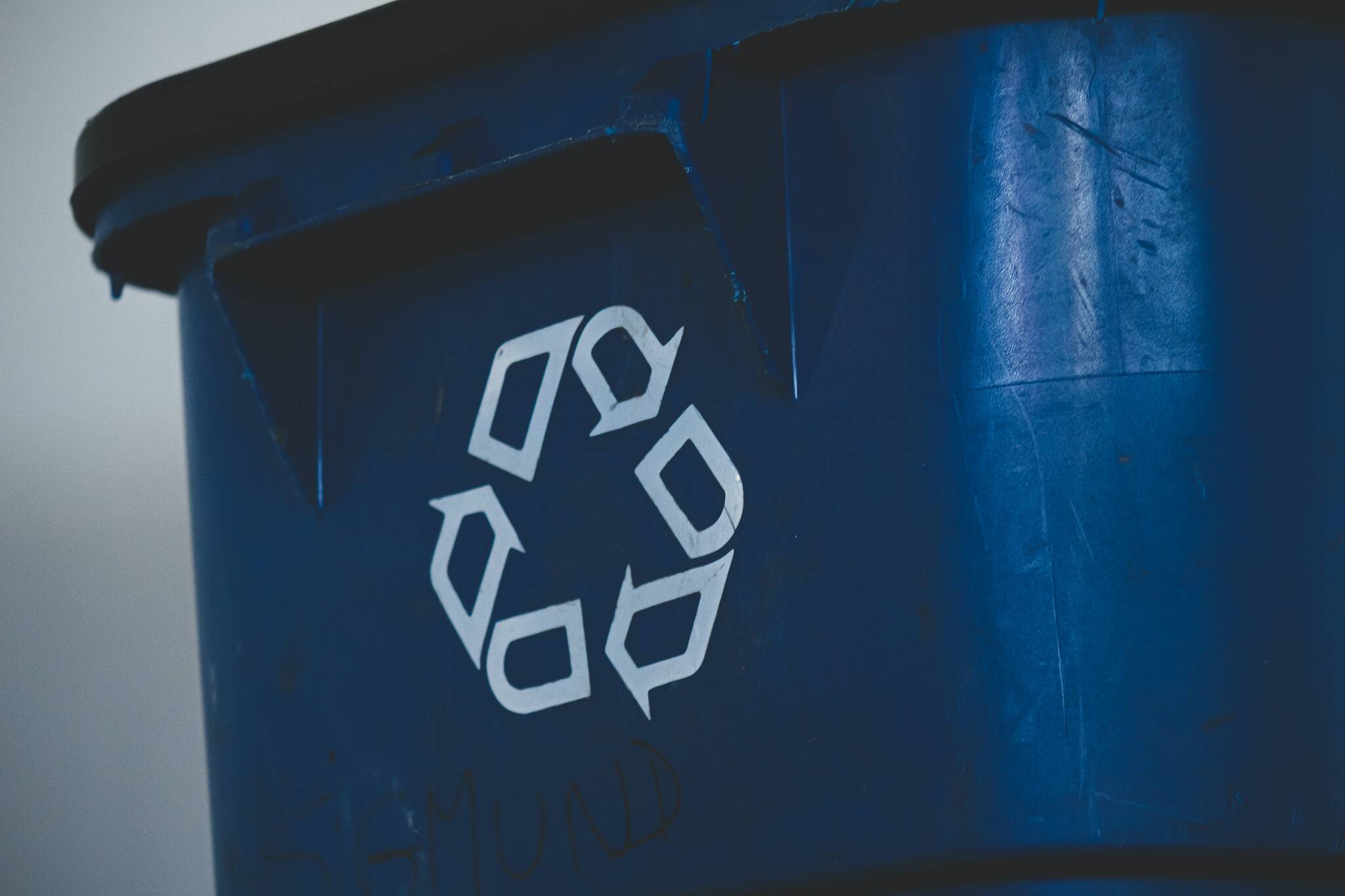In a big step toward their “Zero Waste” goals, on November 1, The Exchange will add glass to the list of materials they accept separated from standard “co-mingled” recycling at the transfer station.
Separated glass and cardboard will cost $3 per garbage can, or $150 per ton—an almost 60% discount. Aluminum cans will remain free to recycle. Co-mingled recyclables will remain priced at $7 per can and $350 per ton.
The move is made possible thanks to the addition of glass crushing equipment paid for by grants and donations from the Orcas community. Bottles, jars, even window glass will be crushed to the size of sand; the sand will be used on the island as a clean, renewable landscape and construction material.
“We are moving towards a system where we can accept most recyclables separately on Orcas,” says Exchange Director Pete Moe. “The co-mingled model is expensive, inefficient, and carbon-intensive. Separated materials are cleaner, get recycled at a much higher rate, and in some cases have value as commodities.”
Crushing and re-using the glass on the island means that it does not have to be sent back to the mainland—so less transportation, carbon, and cost. While glass separation will not be available to everyone until November, The Exchange has a pilot program you can join now. By watching a brief training video on their website, you can get in on the glass recycling project early, and receive a free recycling tote as part of the deal! Details are at www.exchangeorcas.org. This is just the beginning of further moves toward separated recyclables. In 2022 The Exchange intends to begin construction on a new building that will house an industrial baler. The baler will allow for the collection and compaction of steel cans, mixed paper, and certain plastics. These materials will also be accepted at a discounted rate when the baler comes online.
“Separating recyclables is better for the environment on several levels, and that’s really why we are doing this,” says board president Jim Duffield. “The fact that it also saves money is a bonus that we intend to share with everyone in the community who is willing to help.”



